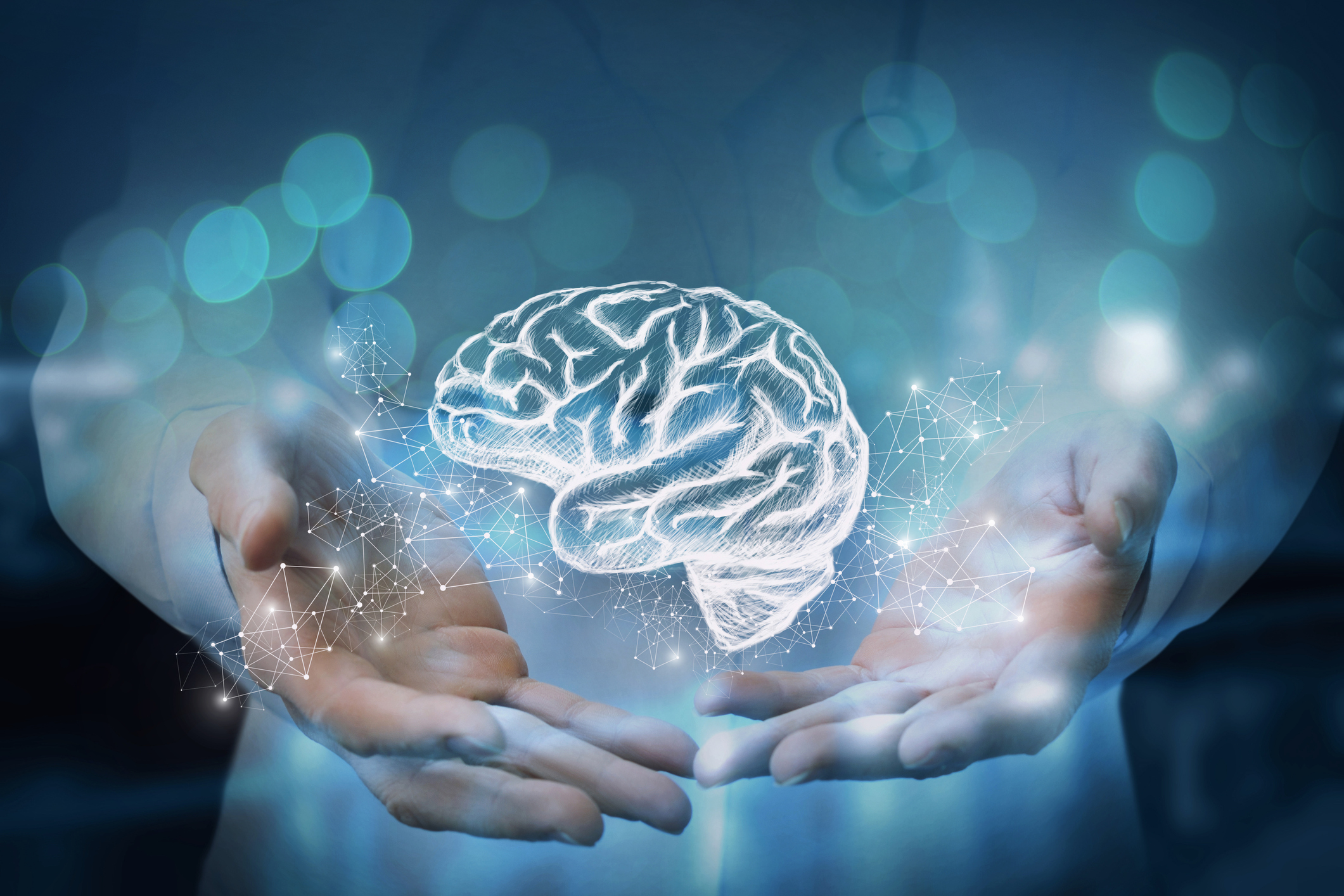Whether March came in like a lion or a lamb is debatable but early Spring is bound to bring with it a few dreary, rainy days to wash away the snow and make way for crocuses and daffodils. With hopefully no snow to shovel, spending time indoor enjoying activities that sharpen the brain is a wonderful way to celebrate Brain Awareness Week.
Research tells us that preserving cognitive function in older age is not just about doing a daily brain game; our lifestyle and how much activity we get, our diet, sleep habits, lifelong learning goals and social interaction all play a role in our memory and mental acuity. There is no one magic pill that will prevent dementia or cognitive decline but taking care of our physical and emotional well-being in older age helps us stay connected and relevant in our communities and may slow the progress of dementia.
When it comes to preserving physical and brain function later in life there is one universal rule of thumb; use it or lose it. Whether you enjoy ballroom dancing, swimming, tai chi or yoga, moving daily helps to prevent muscle loss common in older age while keeping the brain sharp. Learning new dance routines or yoga flows engages both the mind and the body and can help improve balance to prevent falls. Joining a fitness or dance class also provides important social interaction that wards off isolation and loneliness which studies have shown to be as dangerous for health as obesity or heavy smoking.
Playing games that require strategy, memory, attention or visual spacial ability helps older adults preserve cognitive function. Computer or video games are good but getting a group of friends together to play Trivial Pursuit, Euchre, Bridge, Mahjong or Cribbage keeps the brain sharp while creating opportunities for socializing. Including friends and family of a variety of ages helps keep things interesting. Diversity increases our awareness and helps introduce new perspectives and ideas that keep life exciting. Learning new things is important to stimulate the brain and create new neural pathways.
According to a recent post on the McMaster Optimal Aging Portal, brain training activities are most beneficial when done regularly, at least three or more times each week. The Harvard Health blog recommends at least half an hour of moderate physical activity most days of the week or a total of 150 minutes a week. Start off slowly and gradually build in duration and intensity. Regular exercise helps improve mood and sleep while reducing stress and anxiety which are all a benefit to the brain. Physical activity has also been associated with a reduction in inflammation and lower insulin resistance.
Learn more about what you can do right now to start protecting your brain and sharpening your wit with news you can use from The Oldish.






Add Your Voice
0 Comments
Join the Discussion